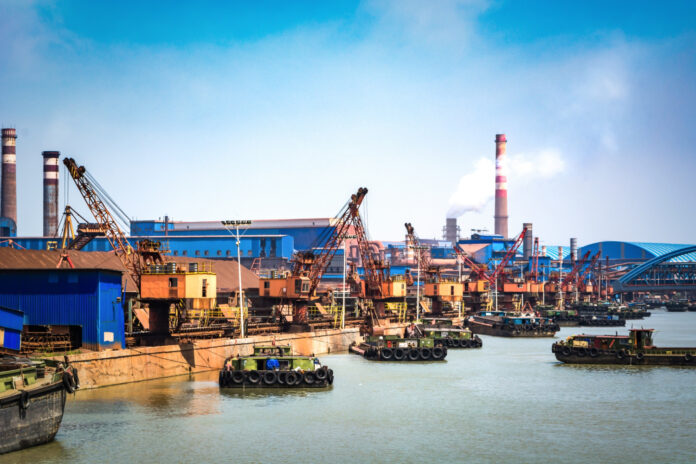Saudi Arabia’s National Industrial Strategy targets rapid expansion, aiming to triple growth and boost global competitiveness in the next decade
Riyadh, Saudi Arabia – Saudi Arabia’s industrial sector is undergoing significant transformation as the Kingdom focuses on creating policies designed to attract investment and foster local production, according to Vice Minister of Industry Affairs, Khalil bin Salamah. Speaking at the Multilateral Industrial Policy Forum (MIPF) in Riyadh, the vice minister emphasised the critical role of effective policy implementation in achieving the goals of the Kingdom’s ambitious National Industrial Strategy.
This strategy forms part of Saudi Arabia’s wider efforts to diversify its economy and reduce its dependency on oil revenues by strengthening its industrial base. The vice minister described the National Industrial Strategy as “very ambitious,” aiming to build a robust industrial ecosystem that will not only attract investment but also enhance economic diversification by boosting the country’s GDP and non-oil exports.
“What we have done in the last 60 or 70 years, we must now triple in the next 10 years,” said bin Salamah. “The only way to achieve these ambitious targets is by focusing on policy. The local content law is critical, as it ensures that our production can find a market outlet, either domestically or within the global value chain through large procurement companies.”
Embed from Getty ImagesHe highlighted that government intervention and policymaking are essential in bridging the gap between local producers and companies that purchase their products. Key factors such as quality, timely delivery, and cost competitiveness must be met to attract these companies. “There is a clear role for the government and its policies in ensuring these connections are made,” bin Salamah added.
In addition, the vice minister underscored the importance of cross-country policies in expanding Saudi Arabia’s industrial reach globally. He pointed to the success of the Kingdom’s petrochemical sector as a model, noting that the National Industrial Strategy is designed with a global vision, integrating Saudi industries into international markets and value chains.
During the same panel discussion, Khalid Al-Salem, CEO of the Royal Commission of Jubail and Yanbu, revealed that nearly $1.3 trillion (SR350 billion) of investments, both from national and international private companies, are currently in development. These investments are either under discussion, in the design phase, or in the process of construction.
Al-Salem also noted that the Royal Commission has another SR500 billion worth of projects in the pipeline over the next five years, further expanding Saudi Arabia’s industrial cities. “Imagine these cities will be doubled,” he said. “We will continue to upgrade our systems, making them more efficient and responsive to investor needs.”
A key focus of the Royal Commission’s future development is on sustainability. Al-Salem outlined how the commission is embracing green initiatives, including the use of green hydrogen, renewable energy sources, and carbon capture technologies. “We are connecting all of our environmental control systems to create smart cities, making them more efficient and ready to meet investor demands,” he explained.
The Royal Commission is also heavily invested in monitoring environmental impact and ensuring smart utility management within its cities. “We have all the necessary sensors in place for environmental control, traffic monitoring, and utility management,” said Al-Salem, adding that these measures are critical in creating sustainable, investor-friendly environments.
He further praised the establishment of the Ministry of Industry and Mineral Resources, describing it as a key driver of the Kingdom’s industrial and mining strategies. “With the right systems in place, we are on the path to achieving the ambitious targets of both the National Industrial Strategy and the National Mining Strategy,” he concluded.
